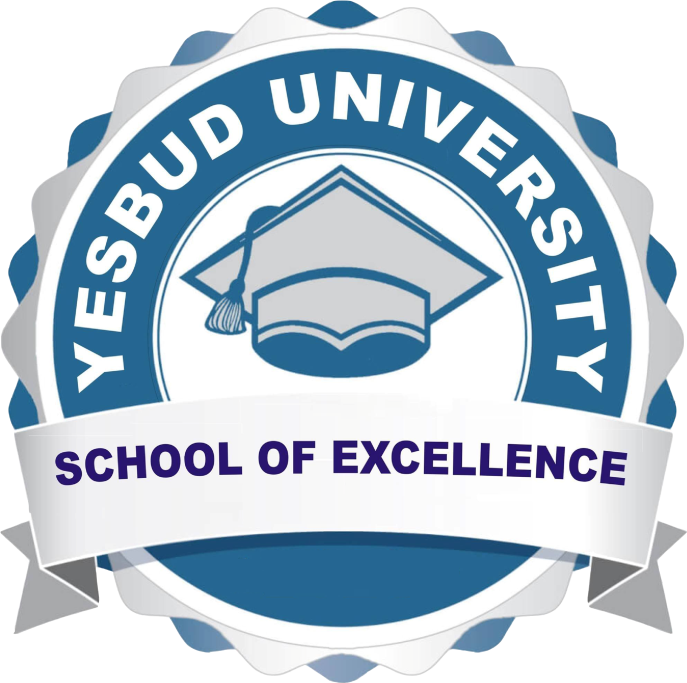The program is specially designed to facilitate those who want to do research in the chosen ICT fields under the supervision of experts from around the world. Yesbud research programs leading up to the award of a PhD in information and communication technology (ICT) aims for successful completion of a course of supervised investigation with the outcome of an original/independent critical thinking contributing to new knowledge in ICT. The programme curriculum is designed to prepare you for high-end careers in the ICT industry. You will work under individual supervision to develop leading expertise in the area of your choice, and taught courses will support your learning to help you reach your maximum potential. With guidance of expert academics, you will undertake rigorous research-related activities such as presenting in conferences and publishing in journals, leading up to viva voce and writing up your thesis
The program is grounded in applied research methods and experiential learning and aims at giving the students IT competence on the highest level within one of the main areas in ICT.
With extensive research supervision and training, students will gain strong research foundation as well as the ability to perform independent research.
This program prepares students to address challenges related to information communication technology at the highest level of an organization. Students will examine the latest developments in technology and develop solutions for complex ICT strategies to company executives and stakeholders. The coursework focuses on ICT strategic analysis; Information Management and human computer interaction. The curriculum blends theory and practice through a variety of learning formats including leadership simulations, seminar courses and face-to-face learning.
Learning Outcomes
Graduates of PhD Information Communication Technology program will be prepared to:
- Assess the relevance of current and emerging business theory and practice from an interdisciplinary perspective
- Formulate and execute effective solutions to complex, real world problems common to practice on ICT
- Apply current research literature from ICT practical problems found in ICT management
- Design and conduct rigorous research that contributes to professional body of knowledge on ICT
- Clearly communicate to stakeholders about problem statement s, research approaches, results, solutions and assessment
- Demonstrate a systematic comprehension and in-depth understanding of the discipline and mastery of skills and research methods related to the field of ICT;
- Contribute to original research that broadens the boundary of knowledge through an in-depth thesis that will provide them with skills in problem solving, systematic analysis, communication and collaboration;
- Promote the technological, social and cultural progress in a knowledge-based society in both academic and professional contexts; and
- Demonstrate behaviour that is consistent with codes of professional ethics, legal requirements and responsibility.
- Explain their ethical responsibilities as members of the ICT community and citizens in society.
Programme Structure
Stage 1 : Proposal Development
Stage 2 : Data Collection
Stage 3 : Report Writing
Stage 4 : Thesis Examination / Viva Voce
Research Fields
Computer Science
- Programming
- System Analysis
- System Design
- Informatics
- Network Administration
- Operating Systems
- Programming Languages (Visual Basic, C++, etc)
- Software Localisation
- Software Testing
Computer Use
- Computer Use
- Internet Use Programmes
- Calculating (Spreadsheets)
- Data Processing
- Desktop Publishing
- Word Processing
Audit Subjects
- Research Methodology
- Quantitative Data Analysis
- Qualitative Data Analysis
